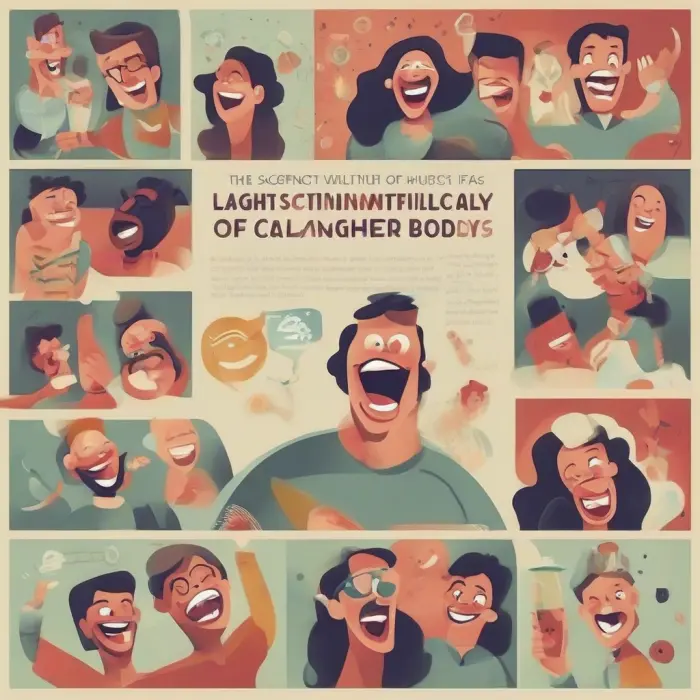Building Strong Bones: Tips for Maintaining Bone Health
Your bones are the foundation of your body— the framework that supports your structure and anchors your muscles. Maintaining robust bone health is paramount for avoiding debilitating conditions like osteoporosis and fractures. But how can one take active steps towards improving their bone health? Here are a few must-follow tips:
1. Increase Your Calcium Intake
Calcium is the key nutrient that contributes significantly to optimal bone health. The Harvard School of Public Health suggests an intake of 1,000 to 1,200 milligrams of calcium per day for most adults. Dairy products, leafy green vegetables, and certain types of fish, such as sardines and salmon, are abundant sources of calcium.
2. Ensure Adequate Vitamin D
Vitamin D plays a cardinal role in bone health as it aids in the absorption of calcium. According to the National Institutes of Health, adults should aim for 600 to 800 IU of vitamin D daily. Sun exposure triggers your body's vitamin D production. Foods rich in vitamin D, such as fatty fish and fortified milk or cereals, also help.
3. Practice Regular Exercise
Just like muscles, bones become stronger with exercise. Activities that stress your bones can stimulate bone-forming cells into action. Weight-bearing exercises such as walking, running, jumping rope, skiing, and stair climbing are particularly beneficial. The Mayo Clinic suggests that adults should aim for at least 150 minutes of moderate aerobic activity or 75 minutes of vigorous activity per week.
4. Limit Alcohol and Avoid Tobacco
Excessive alcohol consumption can increase the risk of osteoporosis and fractures. The American Academy of Orthopedic Surgeons suggests that women limit alcohol intake to one drink per day and men to two drinks per day. Smoking can also interfere with the body's ability to absorb calcium, leading to weaker bones over time.
5. Consider Bone-boosting Medication
If your risk of osteoporosis is high due to family history or other factors, you might want to speak to your healthcare provider about medications to help slow bone loss or increase bone density. Always ensure to discuss the potential benefits and risks before starting any new medication regimen.
Conclusion
Maintaining bone health involves more than just avoiding falling or accidents that could lead to fractures. It entails a lifestyle that supports bone development and preservation. Making the right choices in diet, exercise, and potentially, medical care, can significantly impact your bone health in the long run.










